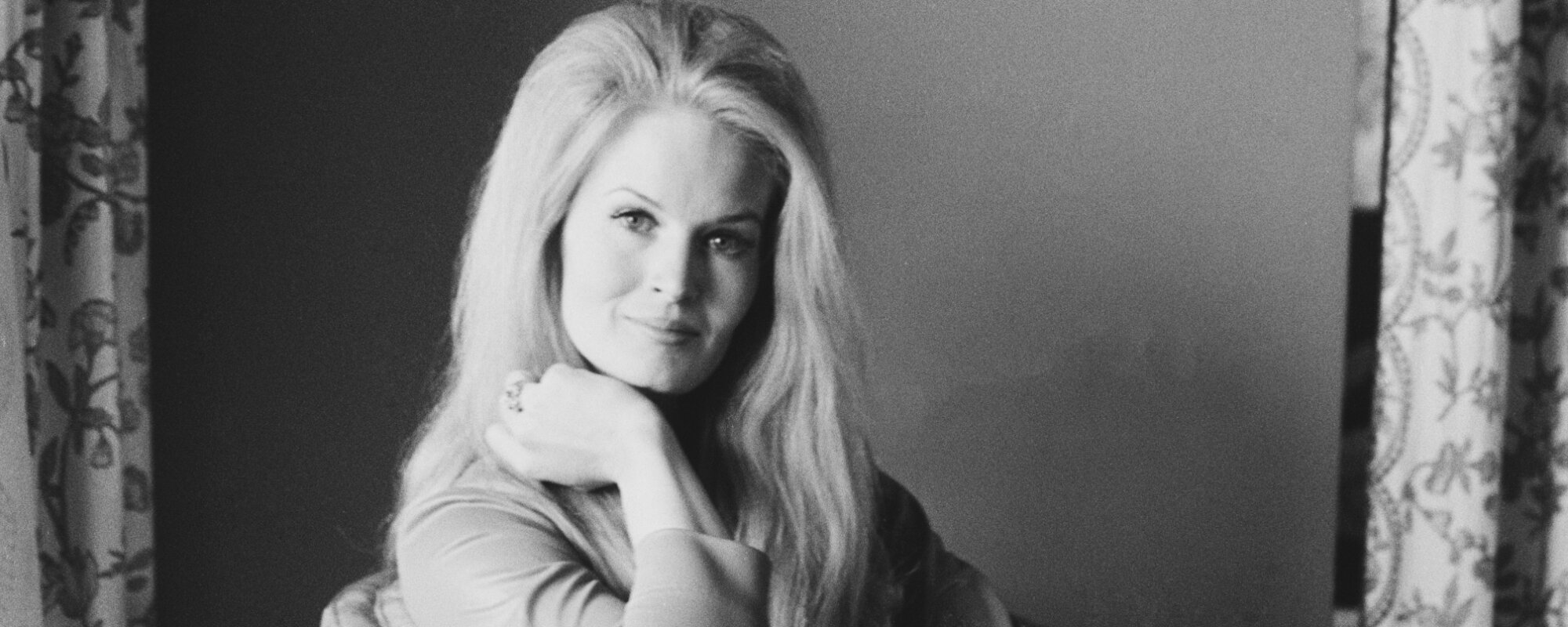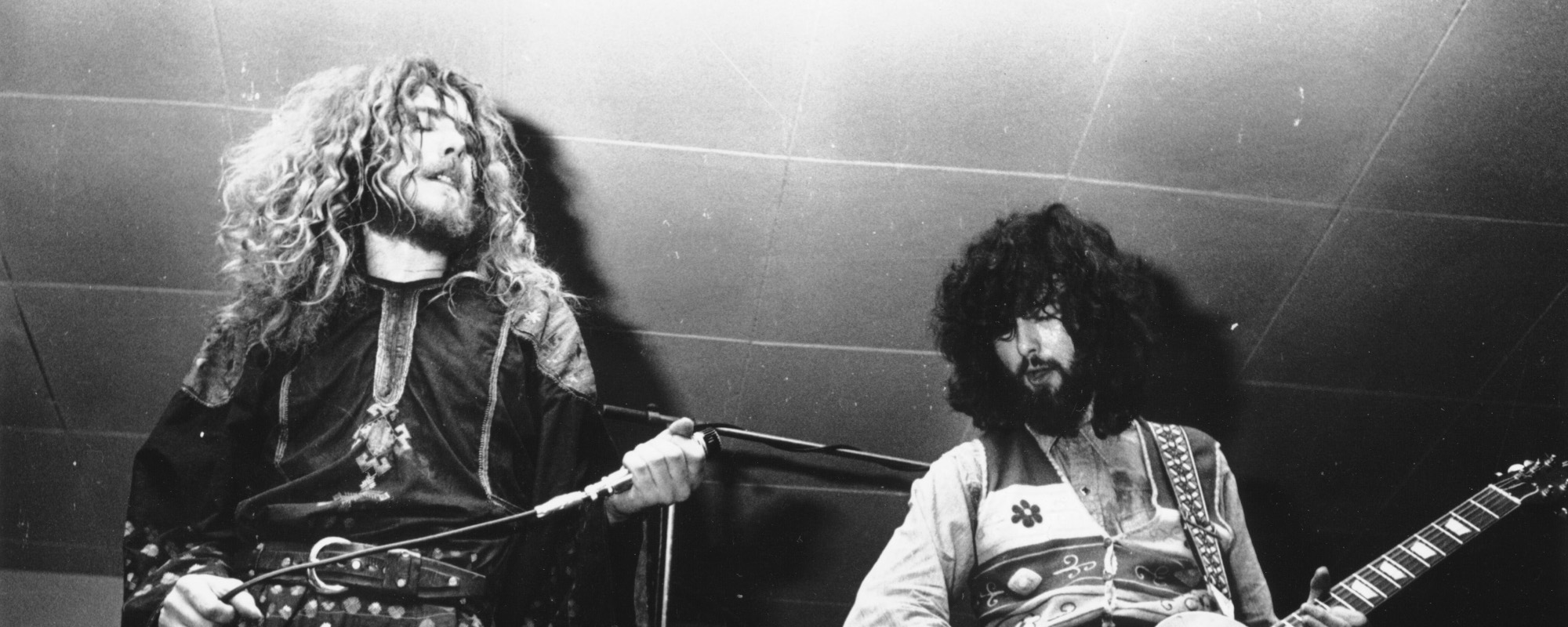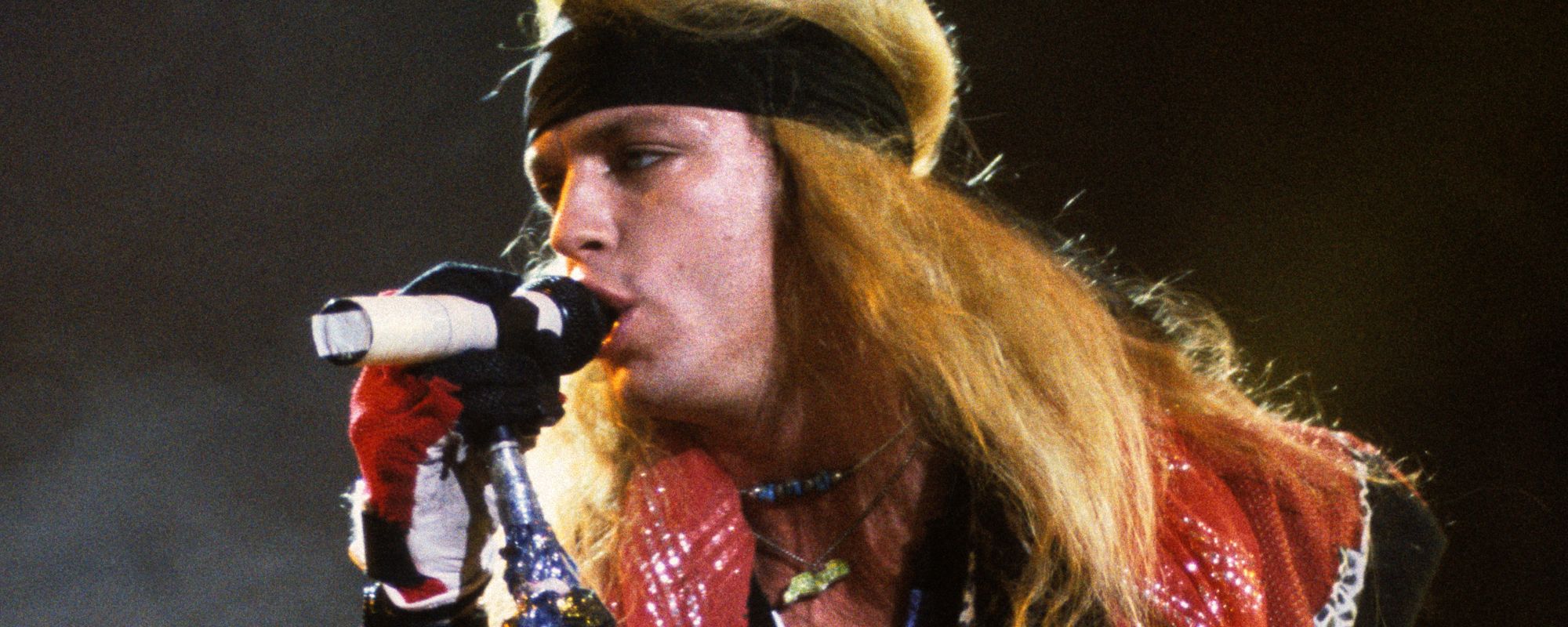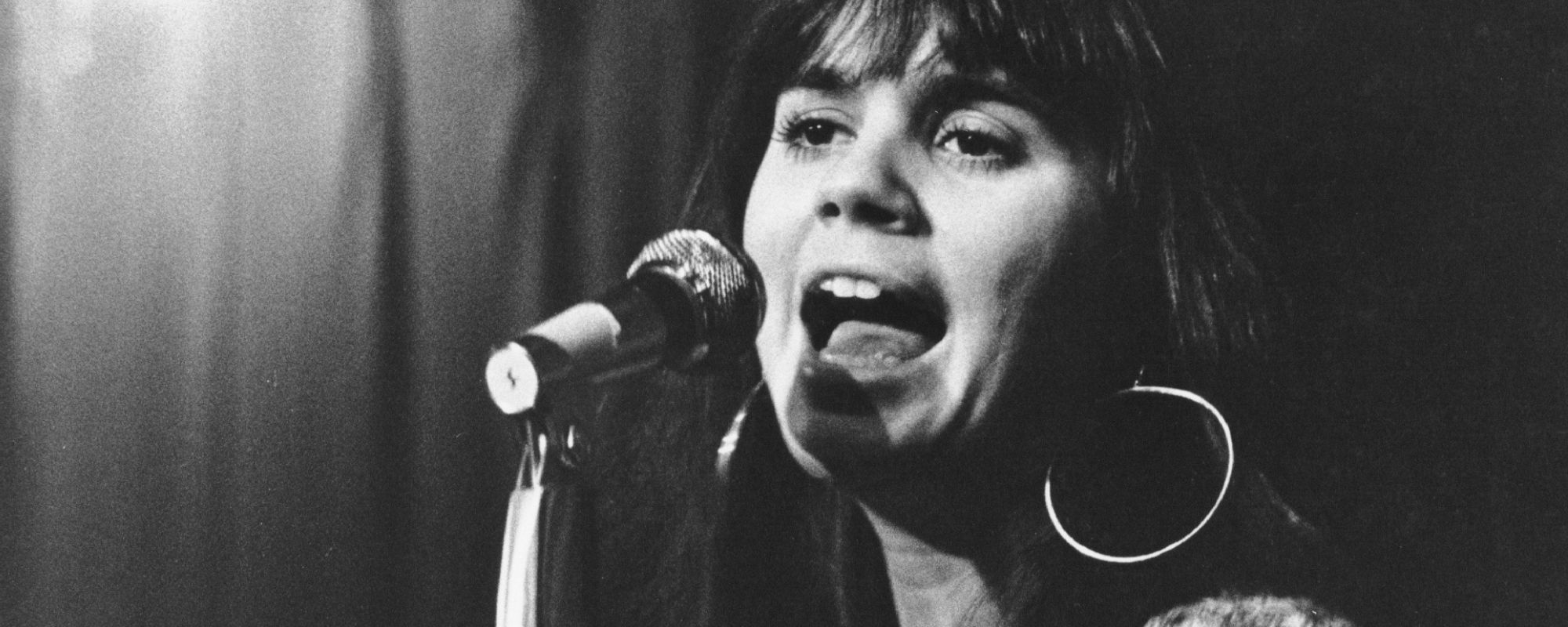Tim Buckley, the talented and powerful-voiced singer/songwriter who released a series of acclaimed albums during his short life, died in this day (June 29) in 1975 at age 28. Buckley passed away from an overdose of heroin and morphine shortly after completely a brief tour in support of his final album, Look at the Fool (1974).
Videos by American Songwriter
Buckley released his self-titled debut album in 1966, when he was just 19. That same year, Tim’s wife, Mary Guibert, gave birth to the couple’s only child, a son named Jeff. Buckley soon left Guibert and only saw his son once.
[RELATED: 5 Live Moments in Memory of Tim Buckley]
Tim Buckley was made up of original folk-rock tunes that Tim either penned solely by himself or with his friend, poet/lyricist Larry Beckett. Beckett went on to contribute lyrics to some songs on most of Buckley’s albums.
During his eight-year career, Buckley released nine albums. With his second album, Goodbye and Hello, Tim added psychedelic elements to his folk-rock sound. He soon began exploring various other genres, including jazz, avant-jazz, R&B, and funk.
Even early in his career, Buckley began influencing other artists, among them Bruce Springsteen, Linda Ronstadt, and Robert Plant. His musical influence has continued to grow over the years, with his music cited as an inspiration by Radiohead, Rufus Wainwright and many others.
His son Jeff inherited Tim’s powerful, angelic voice. Sadly, he also died tragically young, accidentally drowning at age 30, just as his own music career was beginning to take off.
To commemorate the anniversary of Tim Buckley’s passing, here are four cover versions of his songs recorded by various well-known artists:
“Hobo (Morning Glory)” – Linda Ronstadt (1968)
“Morning Glory” is one of Buckley’s most famous songs, appearing on his 1967 album Goodbye and Hello. The melodic folk-rock ballad featured enigmatic lyrics by Beckett.
Linda Ronstadt recorded a baroque-pop version of the tune with her early band The Stone Poneys in 1968. Retitled “Hobo,” the track appeared on the group’s third and final album, Linda Ronstadt, Stone Poneys & Friends, Vol. III. Arriving just as Ronstadt was about to launch her solo career, her rendition of the song clearly displayed why Linda would soon be known as one of rock and pop’s premier female vocalists
“Song to the Siren” – Robert Plant (2002)
“Song to the Siren” is one of Buckley’s most-covered songs. Another tune with mysterious lyrics penned by Beckett, Tim’s studio version was featured on his sixth album, the avant-jazz record Starsailor (1970). Buckley also famously performed an acoustic rendition of the tune on the final episode of The Monkees series in 1968.
Plant recorded “Song to the Siren” for his 2002 album Dreamland, which featured his backing group Strange Sensation. The former Led Zeppelin vocalist’s dreamy, atmospheric rendition showcases his emotive voice, as well as delicate acoustic guitar and mournful strings.
“Once I Was” – Judy Collins (2010)
“Once I Was” is another one of Buckley’s best-known songs. The folk ballad, which Buckley wrote, also appeared on Goodbye and Hello. The poetic song is sung from the perspective of someone looking back on a now-ended romance, while contemplating whether his former lover still thinks about him.
Buckley’s version of the tune memorably was featured in the 1978 film Coming Home, which starred Jon Voight and Jane Fonda, both of whom won Oscars for their roles.
Folk legend Judy Collins covered “Once I Was” for her 2010 album Paradise. Collins’ high, beautiful voice soars throughout the melancholy tune.
“It Happen Every Time” – Morrissey (2019)
“It Happen Every Time” is a catchy pop-folk tune written by Buckley that’s featured on his 1966 debut album. The song is sing from the point-of-view of a heartbroken guy whose lover won’t be faithful to him.
Morrissey recorded a version “It Happen Every Time” during the sessions for his 2019 solo covers album, California Son. The tune was released as the B-side of a single featuring the former Smiths frontman’s take on the 1964 Roy Orbison hit “It’s Over.”













Leave a Reply
Only members can comment. Become a member. Already a member? Log in.